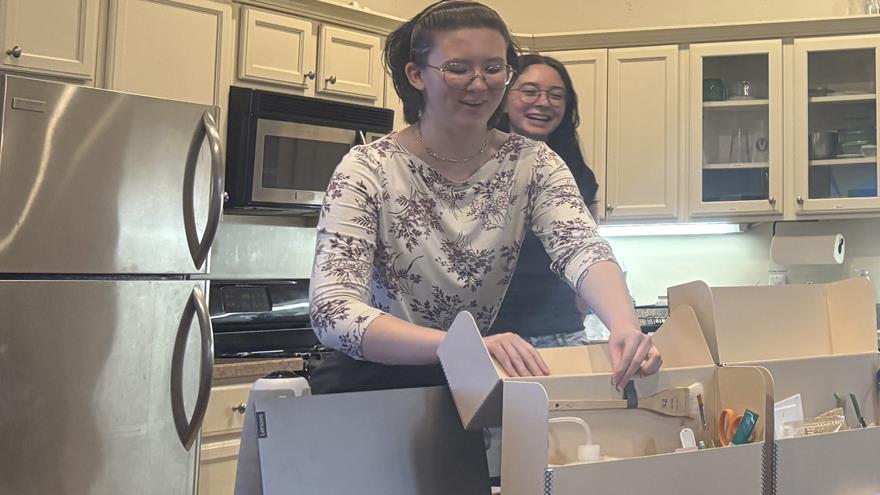What I’m Reading: Dr. Daniel Schidlow

- Drexel Co-ops Learn the Art of Conservation and Collections Care
- How Drexel University is Seen in ‘Philadelphia Revealed’
- ‘Philadelphia Revealed,’ From the Atwater Kent Collection at Drexel Reflects 350 Years of Philly History
- Drexel Awarded $850K Grant from The Pew Charitable Trusts To Help Make Atwater Kent Collection Accessible to Public

Dr. Daniel V. Schidlow, the Walter H. and Leonore Annenberg Dean and senior vice president of medical affairs at Drexel’s College of Medicine, is a self-described multi-tasker when it comes to his reading selections, reading a little of one book, a bit of another, and occasionally going into “binges” and fully consuming books whole. One recent selection, however, has made it to the top of his favorite books of all time— Velázquez and The Surrender of Breda: The Making of a Masterpiece by Anthony Bailey.
Why did you choose this book and what is it about?
I saw a book review in The New Yorker and anything to do with Diego Velázquez, I like. He is probably one of my favorite painters. When I was on call during my residency in Chile, there was this restaurant that was the only one open late and they had his painting, The Surrender of Breda, a piece that visually captures the surrender of the city of Breda to the Spanish army during the Eighty Years' War with Holland and has been called Velazquez’s “narrative masterpiece.”
The book wonderfully intertwines the history of this Spanish victory and the biography of Velázquez.
What is it about this book/topic that you find important or enjoyable?
Well, I love history, so I learned a lot about the history of the time and of the Spanish occupation of Flanders and the role that Velázquez had in the court as royal painter to the Spanish king. I didn’t know much about his role; he was more than just a painter. The book also explores his technique as a painter and I learned about Velázquez himself and about his art and the period during which he painted. The whole book, to me, was very interesting.
Did the book live up to your expectations?
Yes, absolutely. Although it is imminently historical, I think it was so well written and so well done, I just couldn’t put it down. After I finished it, I went out and bought another book by the same author about Dutch painter Johannes Vermeer, another of my other favorite painters.
Once I like a particular author, I start buying all of their books. It’s a good way to really see the evolution of his or her writing.
Is there a passage or a quote you find particularly interesting?
“Velázquez seems to have thrown himself into both the means and method of his art, medium and brushstroke fused in the crucible of eye, hand and brain.”
I’m also reading 1493, by Charles C. Mann which covers what Christopher Columbus did when he got to America and what followed. It looks at the real issues and about how his coming to America changed the world. It’s a dense read; I’m inching my way through it, but it’s full of history. I’m very intrigued. '
My favorite quote from that book is, “After 1492, the world’s ecosystems collided and mixed as European vessels carried thousands of species to new homes across the oceans. Unsurprisingly, this vast biological upheaval had repercussions on humankind.”
Schidlow is also reading Sweet Tooth by Ian McEwan and The Lemon Table, a collection of short stories by Julian Barnes.
In This Article
Drexel News is produced by
University Marketing and Communications.